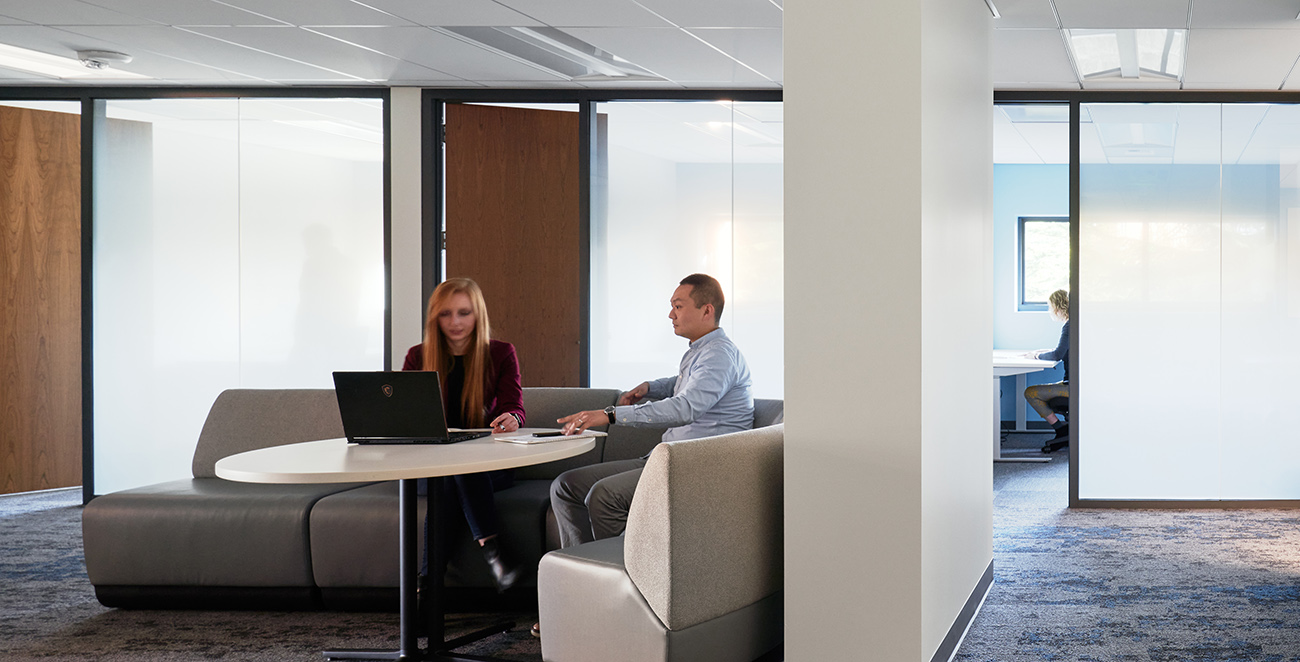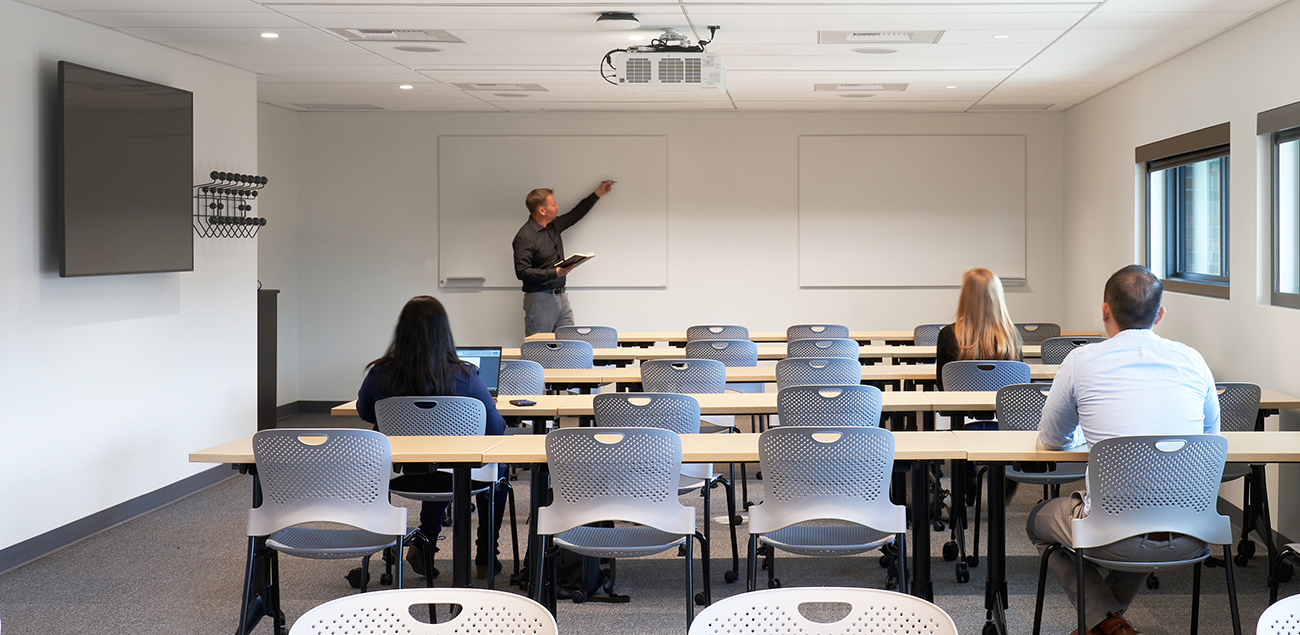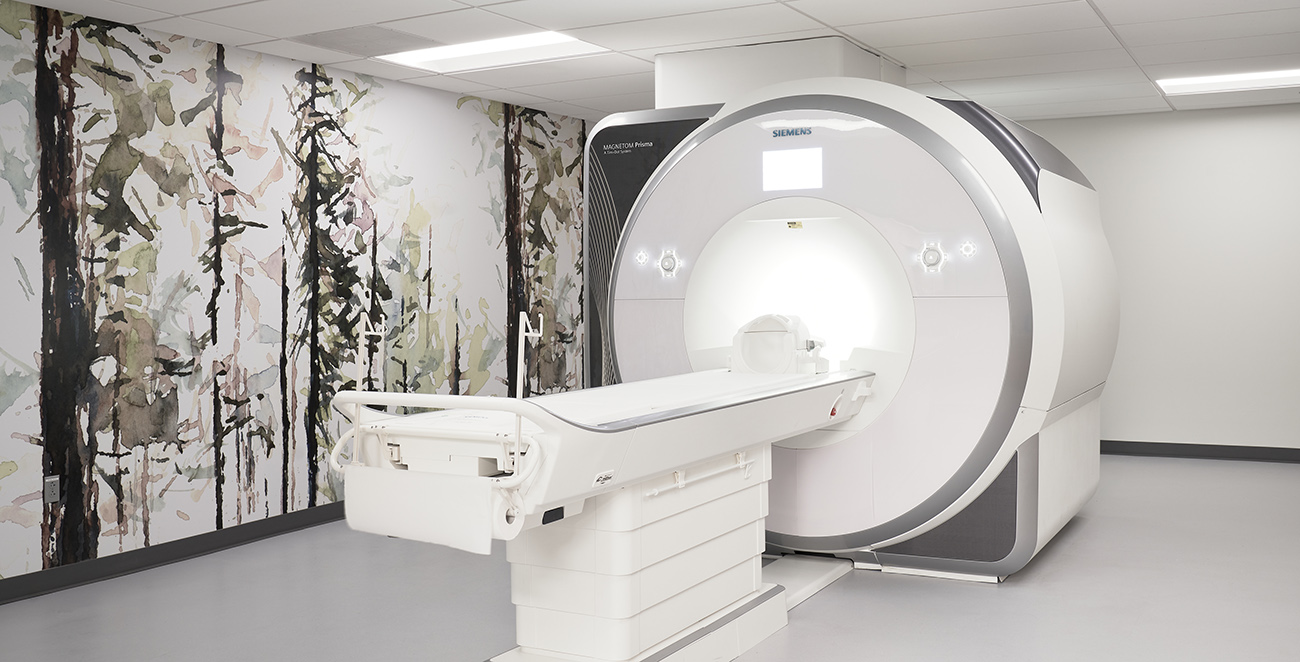
Psychology students returning to the University of Washington in Seattle this spring will find an expanded home at Kincaid Hall. The recently remodeled building will now join Guthrie Hall in consolidating members of the Department of Psychology across two primary locations. As the former home for the Department of Biology, Kincaid Hall went through a major renovation to better serve the needs of its new tenants.
The Kincaid Hall renovation project was part of the College of Arts and Science’s 20-year capital plan to build and restore its buildings.
Biology makes way for Psychology
A new building for the Department of Biology preceded the renovation of Kincaid Hall.
“We identified some of our key capital project needs of the College of Arts and Sciences and the first one was a new biology building,” said Stephen Majeski, senior associate dean for research and infrastructure for the College of Arts & Sciences. “We succeeded in building the new Life Sciences Building, which is right next door to Kincaid Hall.”
Previously, biology students were dispersed between two buildings, Kincaid Hall and Hitchcock Hall. First opened in 1971, Kincaid no longer supported the demands of modern science. Upon the opening of the Life Sciences Building in 2018, biology students, staff and faculty moved out of Kincaid Hall.

Working alongside psychology faculty and staff and key senior UW leadership partners, Majeski seized the opportunity to make use of the newly unoccupied space. “Our second need — we knew Psychology needed a new building,” he said.
At the time, the Department of Psychology was dispersed between eight to nine separate buildings. According to Majeski, this physical separation hindered relationship building among faulty.
To resolve this issue, Kincaid Hall was redeveloped to serve as a centralized location for Psychology. This consolidation also has extended the useful life of the building, which will now provide a permanent location for Psychology clinics and research labs while still housing office spaces for Biology administrative staff.

New functional spaces…
The renovation project began in 2018 and was completed in March 2021. The UW partnered with architectural design firm Perkins&Will and construction company Skanska for the $45 million project. The 85,000 square foot complex includes five floors and a basement.
Although the exterior of the building remains fundamentally unchanged, the interior has been completely remodeled to meet the needs of Psychology and to foster team-oriented research. The interior design is the product of a terrific collaborative planning effort on the part of Perkins&Will, Skanska, the UW Project Delivery Group, the College of Arts and Sciences and a team from Psychology and Biology.
Offices, conference rooms, breakrooms and gender-neutral restrooms are located on every floor. To support new mothers, a lactation room was added to each floor.
Energy efficiency was significantly improved by the installation of the new mechanical and electrical system. Stored in the basement, a new air handler unit was designed specifically for Kincaid Hall. It will serve the entire building for the next 40 to 50 years.
“You had a system that was designed and built in 1970, so now it’s a modern system,” Majeski said. “Energy codes have become more much strict and tighter, and now the building is far more energy-efficient.”
…and an MRI machine
Another key feature of the building is a 26,000-pound magnetic resonance imaging (MRI) machine, also located on the basement floor.
Cheryl Kaiser, professor and chair of the Department of Psychology, says that Psychology received a National Science Foundation grant to secure the machine. The MRI is a key instrument that supports research for the Center for Human Neuroscience.
We envision this becoming a hub for neuroscience research across the UW.
The Psychology Department took a leadership role in creating the Center for Human Neuroscience as a broader campus resource that is available for use by anyone conducting human neuroscience research. The center recently received funding from the Student Technology Fee Fund to support imaging project hours for undergraduate and graduate students.
“We envision this becoming a hub for neuroscience research across the UW,” Kaiser said.

Kincaid will support psychology training clinics where clinical psychology graduate students get trained and offer evidence-based therapy. The building will also support the Center for Child and Family Well-Being, a research and outreach family health center.
Occupancy of the newly renovated building will occur in two phases. The first set of tenants will occupy Kincaid Hall in April and the second in June. The expectation is that by summer, as public health guidelines allow, the building will be fully occupied.
More Stories

AI in the Classroom? For Faculty, It's Complicated
Three College of Arts & Sciences professors discuss the impact of AI on their teaching and on student learning. The consensus? It’s complicated.

Through Soil Science, an Adventure in Kyrgyzstan
Chemistry PhD alum Jonathan Cox spent most of 2025 in Kyrgyzstan, helping farmers improve their soil—and their crops—through soil testing.

A Sports Obsession Inspires a Career
Thuc Nhi Nguyen got her start the UW Daily. Now she's a sports reporter for Los Angeles Times, writing about the Lakers and the Olympics.